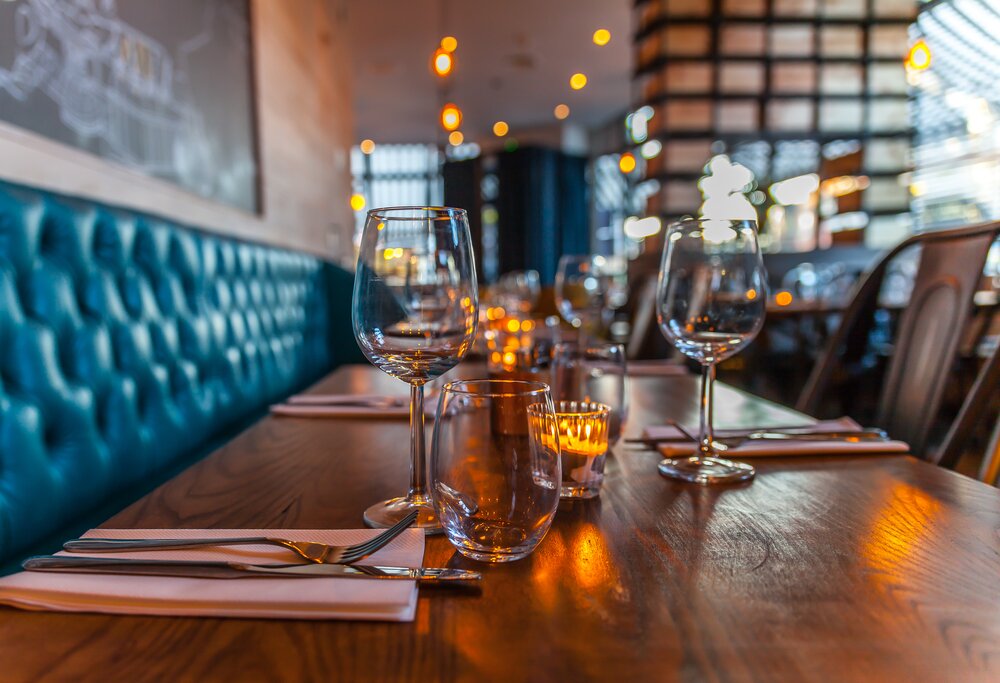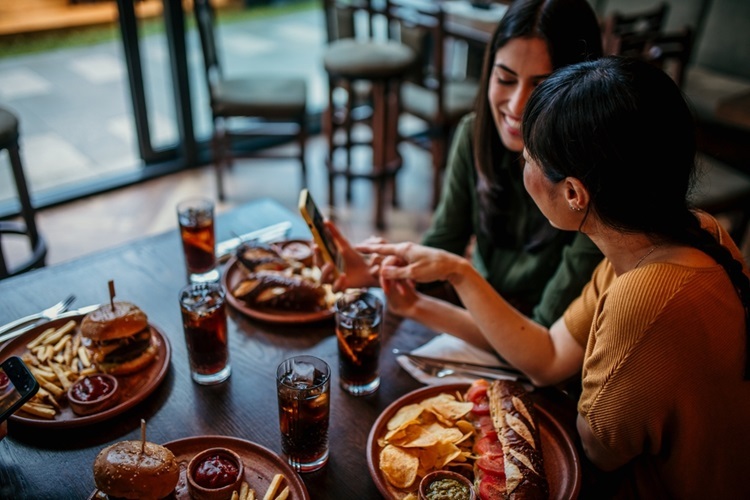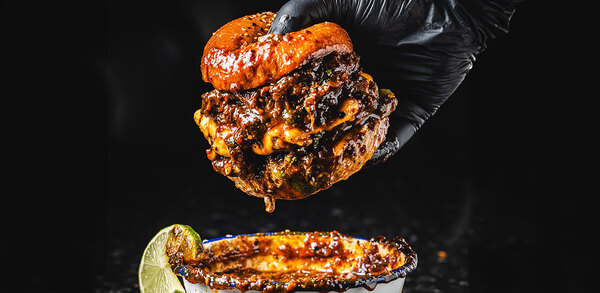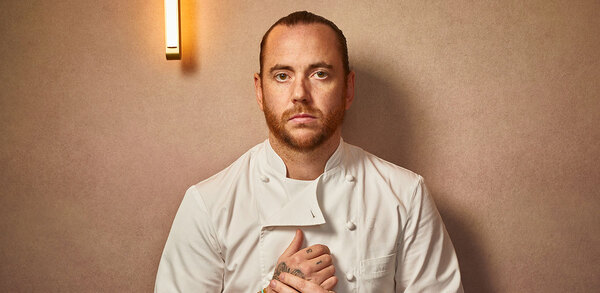‘I don’t take any money for myself’: Independent hospitality businesses face a battle to survive
Small hospitality businesses face a battle to survive with some chefs paying themselves less than minimum wage to keep their restaurants afloat.
Rising food and energy costs, a 20% VAT bill and a drop in customer footfall has pushed many independent venues to the brink.
The Caterer heard from multiple operators who said they feared large numbers of venues could shut for good after Christmas rather than trade through the normally quiet January and February period.
Gareth Fulford, chef patron of Purslane restaurant in Cheltenham, said his electric bill had risen from an average of £650 a month at the start of 2022 to around £2,000 a month.
At the same time, the restaurant has cut its opening hours from five days a week to three with one on-site prep day, and it is 750 covers down on the previous year.
“High street independents are falling through the gaps, there’s just no support,” said Fulford.
“When you look at the closures it’s my type of business that’s closing. One of my friends across town had a restaurant very similar to ours, modern British, which opened 2019 and shut about a month ago. It’s just not viable anymore. He’s got a young family same as me.
“I haven’t got wealthy backers I can ask to invest another £10,000 into my business to keep me afloat. It’s me, my wife, and my employees. If we’re at a loss, we’re out of business.”
He said the rise in costs meant he was no longer able to pay himself a proper wage while keeping the business going.
“I’m paying myself way less than minimum wage. All I’m doing at the moment is keeping my colleagues employed, paying the government tax and paying the utilities companies. I don’t take any money for myself.”
‘Constant battle’ on price
Bradley Dorrington opened the 50-cover Wine Cellar bar in Bury St Edmunds in August last year.
Although his business is trading well, he said it was a struggle to compete with larger chain restaurants on price.
“We’re seeing a consistent level of trade, but now couples coming in are more likely to order a lower-cost bottle of wine when previously they’d choose one from our middle range,” said Dorrington.
“It’s a constant battle as [chains] can offer a lower price due to their purchasing power.
“VAT cripples us before we’ve even started. A lot of people don’t understand that in a restaurant, for every pound spent, roughly 18p is gone straight away [to the taxman].
“There are some businesses that aren’t generating enough money [to cover their bills].”
James Lewis, head of creative development at the Gauthier restaurant group in London, told The Caterer costs had “rocketed” for hospitality businesses.
He said while London landlords used the appeal of independent restaurants to sell residential property, there was little support offered to help businesses in real terms.
“It’s almost impossible to be sustainable, only large players with deep pockets can feasibly survive, running loss-making 'vanity units’ in premium locations,” said Lewis.
A total of 383 pubs closed during the first six months of the year, almost matching the total for 2022, when 386 sites were lost.
In the last week, Liverpool’s acclaimed Lu Ban restaurant and Michelin-starred Pensons in Herefordshire both announced their closure due to rising costs.
The hospitality industry has been building pressure on the government to offer support to businesses in the Autumn Statement this week, with chef Tom Kerridge warning more venues will shut their doors without help.
Fulford has spoken to his MP multiple times but said he had been told there was “no money” available for tax cuts.
“We are desperate for help, and I’ve written three letters to our MP and his response was that help will not be forthcoming.
“I speak to colleagues and other businesses across the country and everybody from restaurants to small hotels is clinging on by their fingernails. There’s only so long you can do that for.
“Small businesses are the lifeblood of the high street but we’re the ones that are going to be left behind if there’s no support.”
The Treasury did not respond to a request for comment.
Image: arturasker / Shutterstock


















